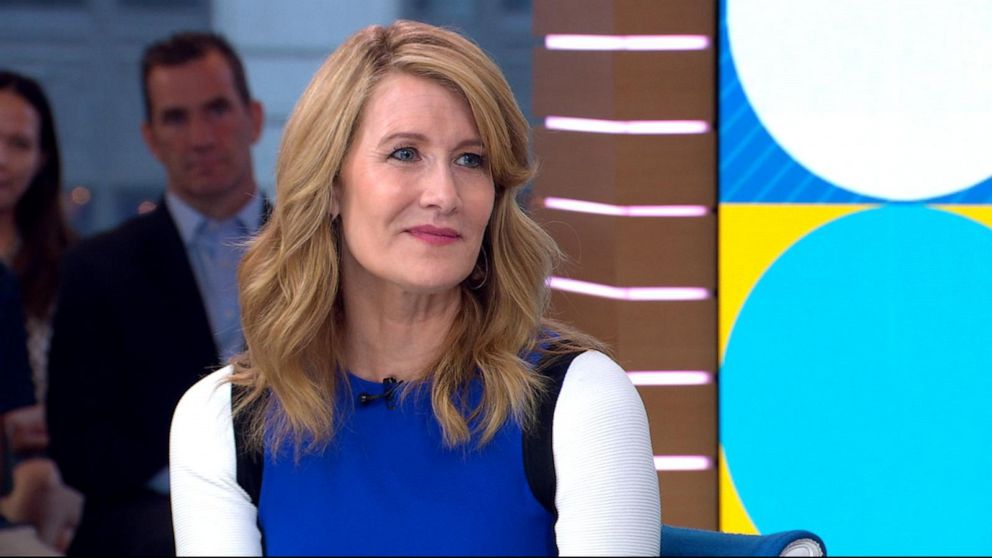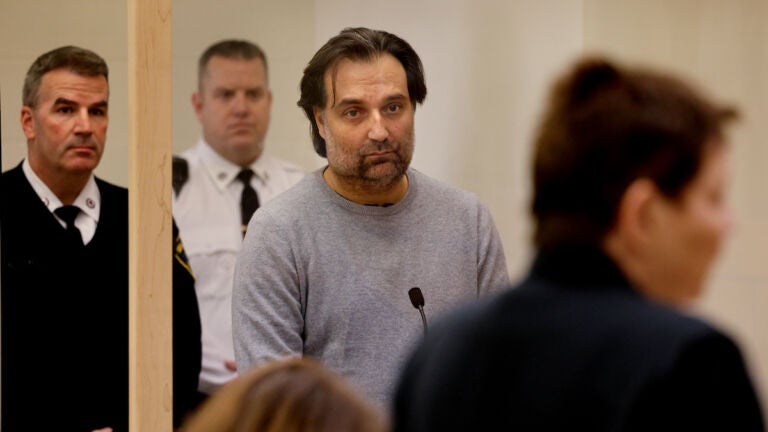
- Select a language for the TTS:
- UK English Female
- UK English Male
- US English Female
- US English Male
- Australian Female
- Australian Male
- Language selected: (auto detect) - EN
Play all audios:
TOKYO — His voice faltering, Prime Minister Junichiro Koizumi offered his condolences to family members at Saturday’s state funeral for two Japanese diplomats killed in Iraq, the country’s
first casualties in the U.S.-led war. Koizumi also promised not to back away from the country’s commitment to help rebuild Iraq. The secular ceremony at a private hall in Tokyo was held amid
expectations that the prime minister would announce details Tuesday of a deployment of noncombat troops to Iraq. Government leaders, foreign dignitaries and family members bowed in silence
before a chrysanthemum-covered altar. “We will never forget your distinguished service,” Koizumi said, facing large portraits of the diplomats -- Katsuhiko Oku, 45, and Masamori Inoue, 30.
“The government will continue your life’s work, cooperating with the international community in Iraq. “I feel deeply saddened and strongly repulsed by the cruelty, the irrationality of
this,” he said, then he bowed deeply to the slain diplomats’ families. Gifts from Emperor Akihito and Empress Michiko were spread out below the portraits. The hall was to be opened to the
public later Saturday. Thousands were expected to pay their respects. Oku and Inoue were gunned down on Nov. 29 in Tikrit, north of Baghdad, while traveling to a conference on reconstructing
Iraq. Their bodies were returned to Japan on Thursday. Both were posthumously decorated Friday with the Order of the Rising Sun, one of the country’s top public service medals. The funeral,
broadcast live, is likely to stir concerns about the price of sending Japanese peacekeepers to Iraq. Japan’s pacifist constitution strictly limits military activities. Parliament passed a
special law in July to authorize sending noncombat troops to Iraq, but only to areas deemed safe. A special provision lets them carry weapons -- but only to defend themselves under fire.
Koizumi has said Japan has a duty to send its military to help rebuild Iraq but has avoided giving specifics about the mission’s timing and size amid opposition from lawmakers and the
public, who fear that sending troops could make Japan a terrorist target. Asahi Shimbun, a leading newspaper, said Saturday that Koizumi’s Cabinet was expected to approve the basic
deployment plan Tuesday. Koizumi would make an address to explain the decision, it said. Japanese media have reported that Tokyo hopes to have an advance team in Iraq this month, and to send
transport aircraft and troops by January. Ground forces would follow in February. MORE TO READ







